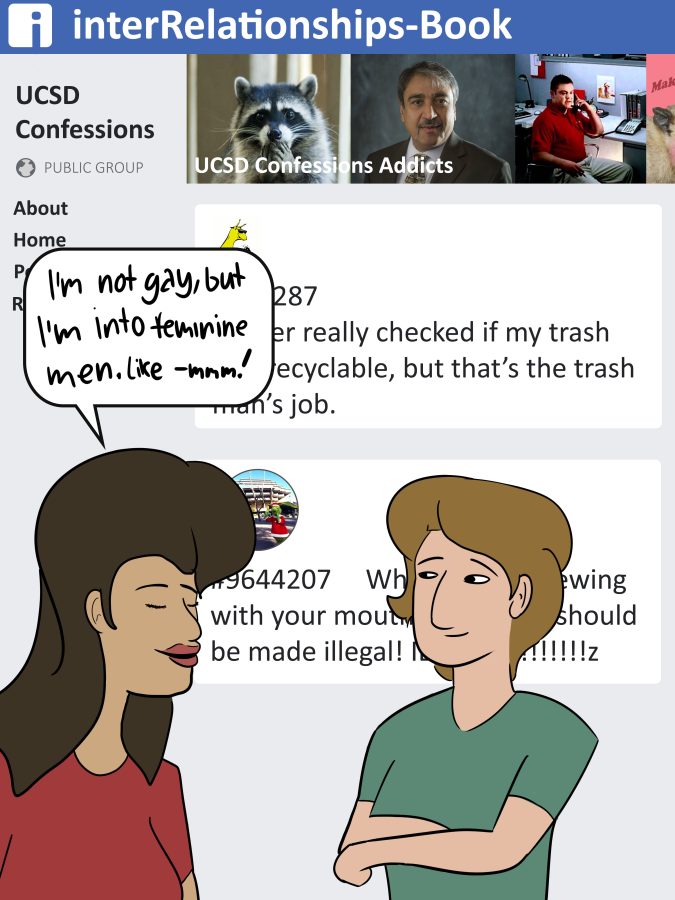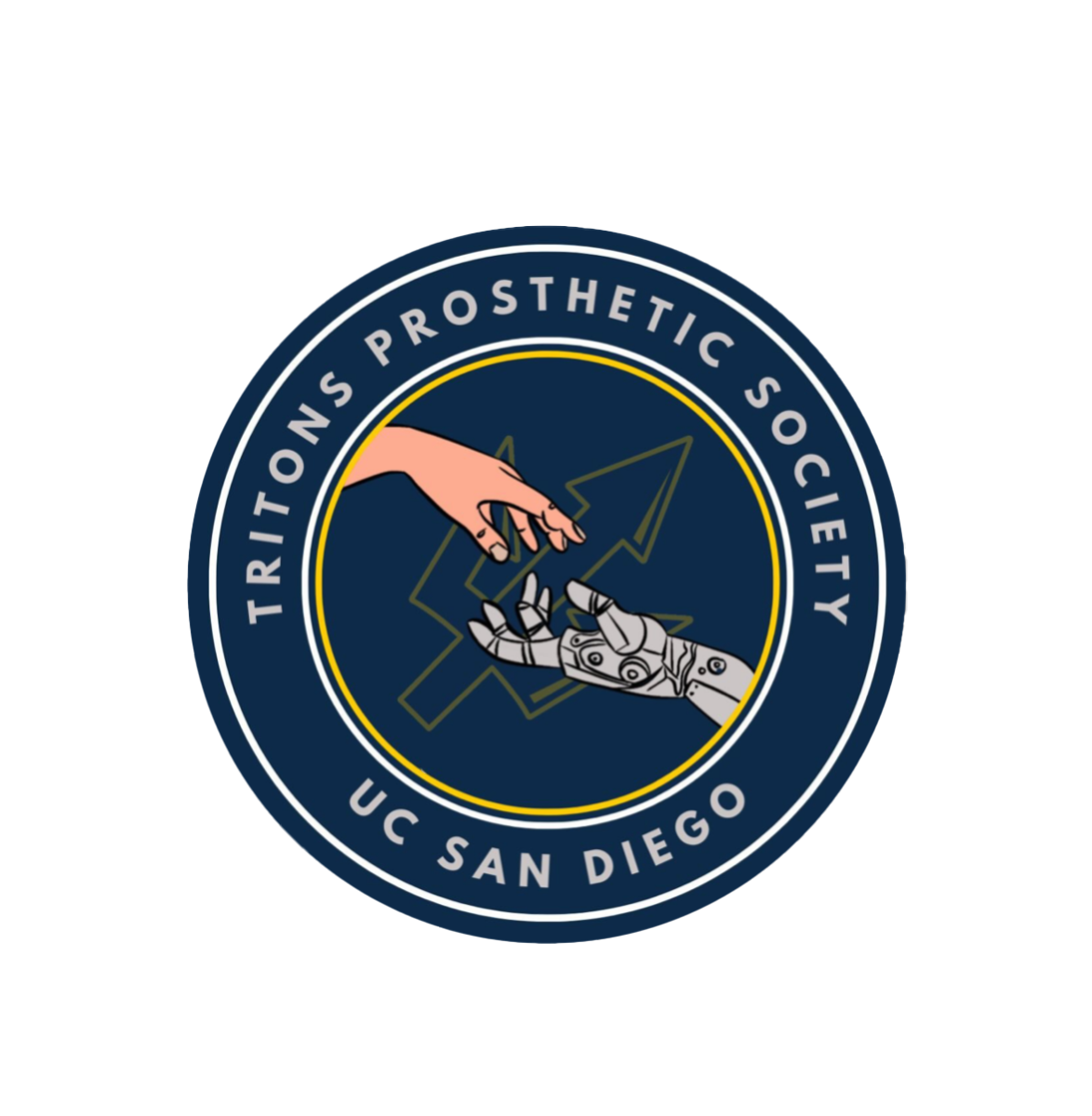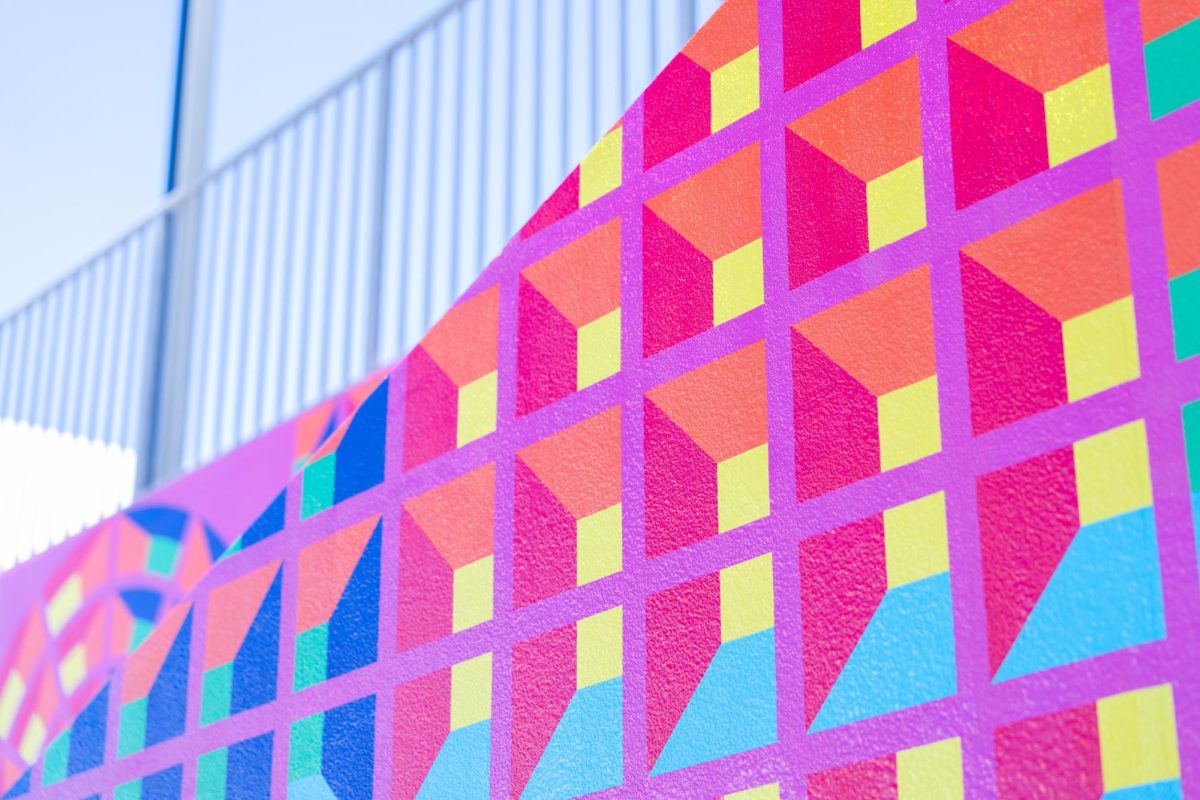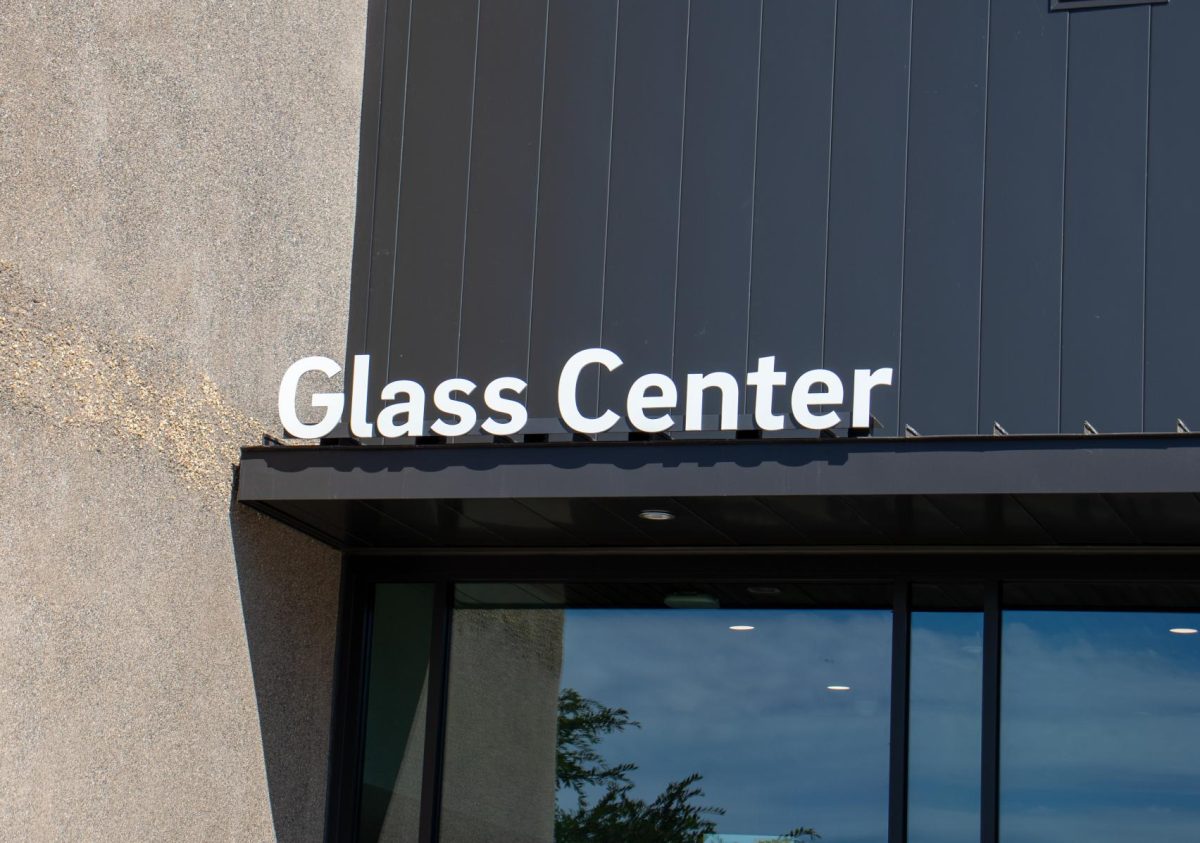If you’re looking for juicy secrets from your fellow students, you’ll find them on the UCSD Confessions Facebook page. The UCSD Guardian chatted with the page’s moderators about its often controversial subject matter.
Imagine that, in the middle of campus at midday, you hold up a megaphone and scream out your deepest, darkest secrets for all to hear without repercussion. The name of your crush, something you hate about your roommate, your not-so-politically-correct opinions – whatever you confess, everybody hears it, but no grief is given. Your feelings are known, but your reputation is safe.
This is the concept behind the UCSD Confessions page on Facebook. It serves as an online space for students to put their innermost thoughts on blast without the threat of backlash or ridicule. Using a Google form, anyone can submit an anonymous confession. If the page’s moderators deem the submission appropriate, they’ll post it to the page for its members to view, like, and comment on.
Compared to other college confession pages on Facebook, the UCSD Confessions page community is particularly large and engaged. UC Berkeley and UCLA’s confessions pages, for example, haven’t posted for about two years and only have a fraction of the UC San Diego page’s 15,000 likes.
While its purpose has remained the same, UCSD Confessions has experienced several transitions in its organization. The original UCSD Confessions page published the bulk of its content before Yik Yak, a social media app designed for sharing anonymous messages, rose to popularity, steering the confessions away from Facebook. In 2015, two students created UCSD Confessions 2.0 after noticing that the original page had been inactive. This was the main source for confessions up until early May when Facebook deleted its content for violating community guidelines.
“UCSD Confessions 2.0 banned someone who was being extremely obnoxious on the page … and in retaliation for that, he reported pretty much every post on their page and that got them taken down,” claimed an anonymous student who formed UCSD Confessions 3.0 after the page’s predecessor was shut down.
“Then I realized, ‘Hold up! I can capitalize on this!’ So I made [UCSD Confessions 3.0] and it gained a lot of followers.”
To avoid what they called “getting zucced” (a play on Mark Zuckerberg’s last name that means being censored by Facebook), the founders of UCSD Confessions 3.0 then created a closed group called UCSD Confessions Addicts, which is now the main outlet for the confessions.
The fact that these transitions arose from concerns about content illustrates just how controversial the confessions can be. UCSD Confessions 2.0’s administrators, who would like to remain anonymous and will be referred to with pseudonyms, acknowledged that one of the greatest challenges of moderating the page’s content is monitoring offensive posts.
Read More:
Sudden Cuts Expose Severe Problems Within UCSD’s Dance Department
Examining Feminism for Women’s History Month
The Great UCSD Meme Revolution — An Overreaction?
John, who had been moderating the page since its inception, explained, “I try to scroll through and read as many as I can (and I pay extra attention to posts with controversial or political opinions), but there are so many that we can’t observe them all. Arguments in the comments are also hard to keep track of because of the hundreds of notifications we receive.”
In fact, it is so difficult to keep the confessions in line with Facebook’s community guidelines that Richard, the page’s other moderator, was banned from posting and messaging.
“At a minimum I try not to post anything that violates Facebook’s community standards. As a result of my apparently poor efforts, I am currently banned from using Facebook for 24 hours for sharing an offensive post,” Richard said.
Though the moderators ensure that “overly racist and creepy” confessions do not make it onto the page, they still have to read through these more shocking submissions. Still, they aren’t surprised at how hateful some students’ opinions can be.
“I spent a lot of time on Yik Yak, and a lot of time in the UCSD Political Discussion group. There are a lot of ‘trolls,’ for lack of a better term, at this school,” stated John.
“Anonymity emboldens them and, as a result, they post all sorts of inflammatory content. I don’t know if it’s a small minority of students that submits a lot of these confessions, but I strongly suspect it.”
Richard agreed that the safety of being anonymous encourages people to make bolder confessions, adding, “People are only going to use the page to say things that they wouldn’t say without anonymity.”
The paradox of any online confessions outlet is that they enable people to anonymously state whatever they’d like, yet moderators only allow some of these confessions to be posted. Is the moderator’s job to protect the confessors’ right to free speech, or to protect their viewers from seeing offensive content?
This debate led to the demise of UCSD Confessions 2.0 and the formation of the UCSD Confessions Addicts closed group. Privatizing the confessions page allows for increased freedom of expression and minimizes the chances of being accused of violating Facebook’s community guidelines.
Regardless of how audiences react, making a public confession can be a therapeutic experience. John noted that part of the confessions page’s importance stems from the role it plays in supporting mental wellness.
“People often have things they can’t share with anyone they know but they still need an outlet. It’s anonymous, but the fact that everyone is in the same school facing the same issues makes it feel more personal.
“University is a time when everyone is under a lot of pressure and screaming into an anonymous void is faster than a visit to CAPS. Although CAPS is still obviously much more helpful, I think the page also has a role in helping.”
The page does create a sense of community and a non-judgmental atmosphere, in spite of the occasional troll or argument in the comments. Richard was pleased to see some wholesome interactions between confessors and commenters.
“The fact that most of these confessions are looking for help gives me hope, as well as our lovely community members always offering support,” he observed.
Whether the page is offensive or encouraging to you depends on how and why you use it. At the very least, the confessions are uniquely interesting and something we can share in as a community. Where else could you open up about that cute stranger you saw on campus, or admit your most unpopular opinions without any repercussions?
Art by David Juarez.







